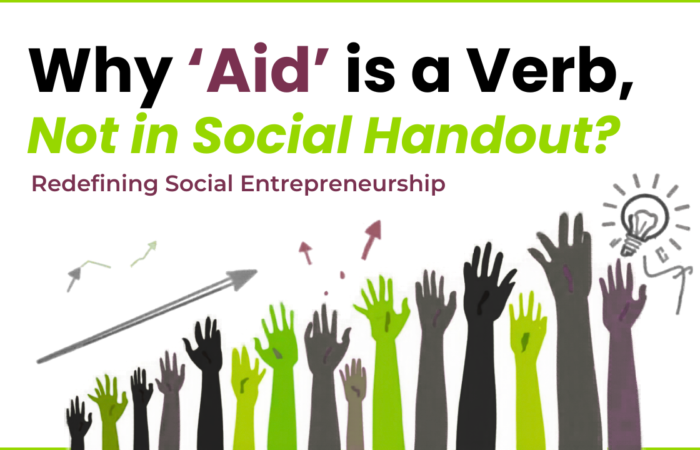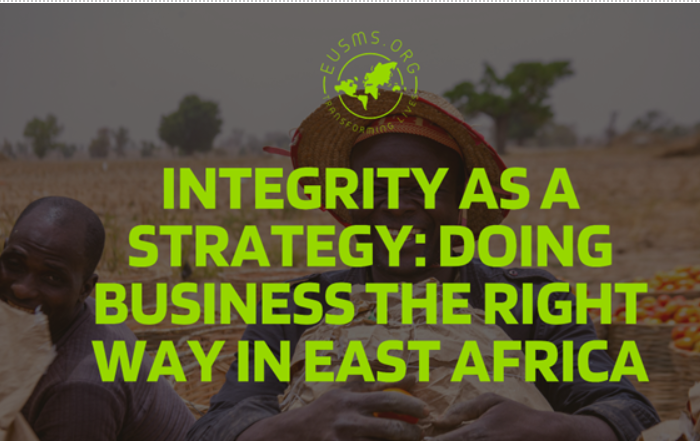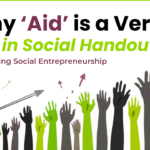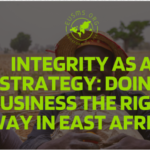In the vibrant landscapes of East Africa, especially Kenya, a silent yet powerful revolution is unfolding. Women-led businesses are not just surviving; they are thriving, becoming crucial engines of economic growth and profound social transformation. These ventures are more than just income generators; they are incubators of hope, dignity, and community upliftment. Understanding their success, recognizing their challenges, and providing urgent support are essential to fully unlock their immense potential.
The success of women entrepreneurs in East Africa is a testament to their extraordinary resilience, innovation, and unwavering determination. Faced with limited resources, many women tap into their deep understanding of local needs, crafting unique products and services that truly resonate within their communities. From small-scale agriculture and artisanal crafts to emerging tech startups, these
women often build businesses that solve everyday problems with creative, sustainable solutions. Their strong social networks and community ties frequently serve as informal support systems, providing vital knowledge, mentorship, and even early customer bases. Furthermore, many are quickly adopting digital tools – from mobile money to social media marketing – to expand their reach. This inherent drive and adaptability are foundational. In Kenya, women own over 48% of micro, small, and medium enterprises (MSMEs), contributing significantly to the national economy and highlighting their widespread impact.
Despite their successes, women-led businesses in East Africa face significant hurdles. A major challenge remains limited access to formal finance. Many women lack collateral, face gender bias in lending institutions, or are simply unaware of available financial products. This often confines them to small-scale operations or informal credit sources with high interest rates. Beyond finance, societal and cultural norms can restrict their mobility, networking opportunities, and access to formal business training. Legal and regulatory complexities also add an extra layer of difficulty, making formal registration and compliance daunting. These systemic barriers often prevent promising ventures from scaling up and achieving their full potential.
The urgent need for targeted support from governments and non-profit organizations cannot be overstated. When women entrepreneurs succeed, the benefits multiply across society. As a common saying goes, “When women are empowered, entire communities’ benefit.” Indeed, evidence consistently shows that women-owned businesses typically reinvest a significant portion of their profits—up to 90%—back into their families and communities, prioritizing investments in children’s education, healthcare, and nutrition. This creates a powerful multiplier effect, breaking cycles of poverty and fostering healthier, more educated generations.
Governments must lead by creating enabling policy environments. This includes simplifying business registration, offering accessible and gender-sensitive financial products, and implementing training programs tailored to women’s needs. Nonprofit organizations, like EUSMS, play a crucial role by providing essential nonfinancial support: targeted business development training, mentorship networks, access to technology, and platforms for market linkage. Recent studies, such as one by Maseno and Wanyoike (2020) on East African social enterprises, underscore how women’s ventures drive “transformation leverage,” creating not just jobs, but also dignity, voice, and opportunity. Supporting these entrepreneurs is not charity; it is a strategic investment in sustainable development.
In conclusion, women-led businesses in East Africa, particularly in Kenya, are a powerhouse of economic growth and social change. Their triumphs are a testament to their spirit, but their journey is often fraught with systemic challenges. By providing strategic, comprehensive support—from financial access and tailored training to robust policy frameworks—governments and non-profits can unleash the full, transformative power of these entrepreneurs, paving the way for a more equitable and prosperous future for all.
Hala Ahmed Maalla







thanks for info.